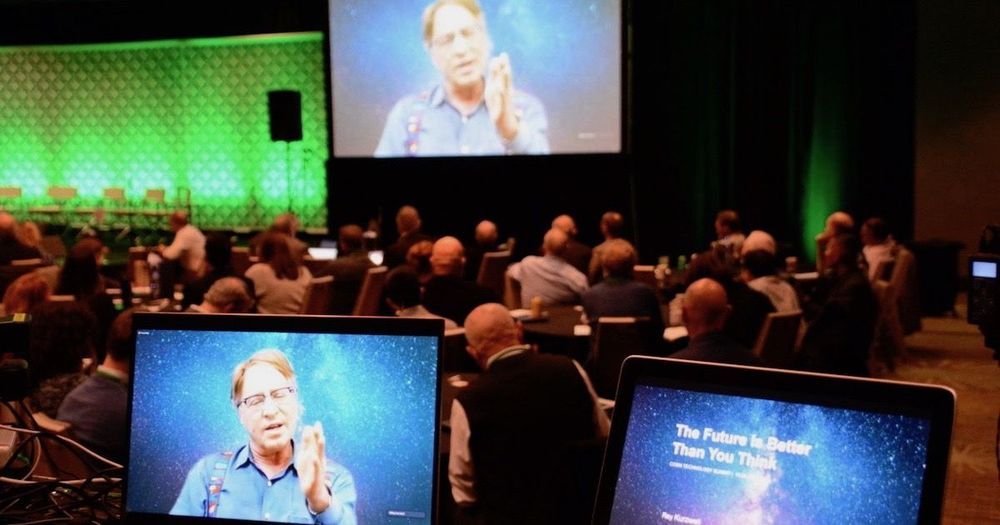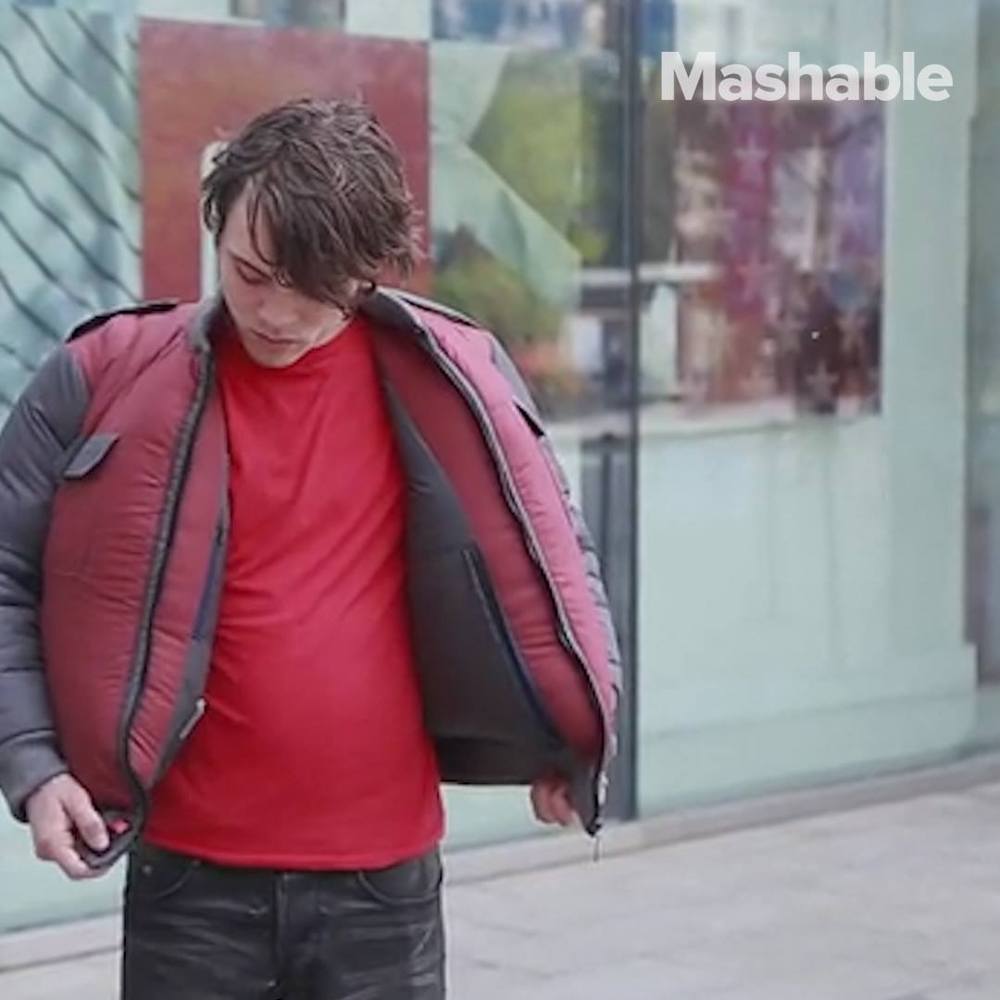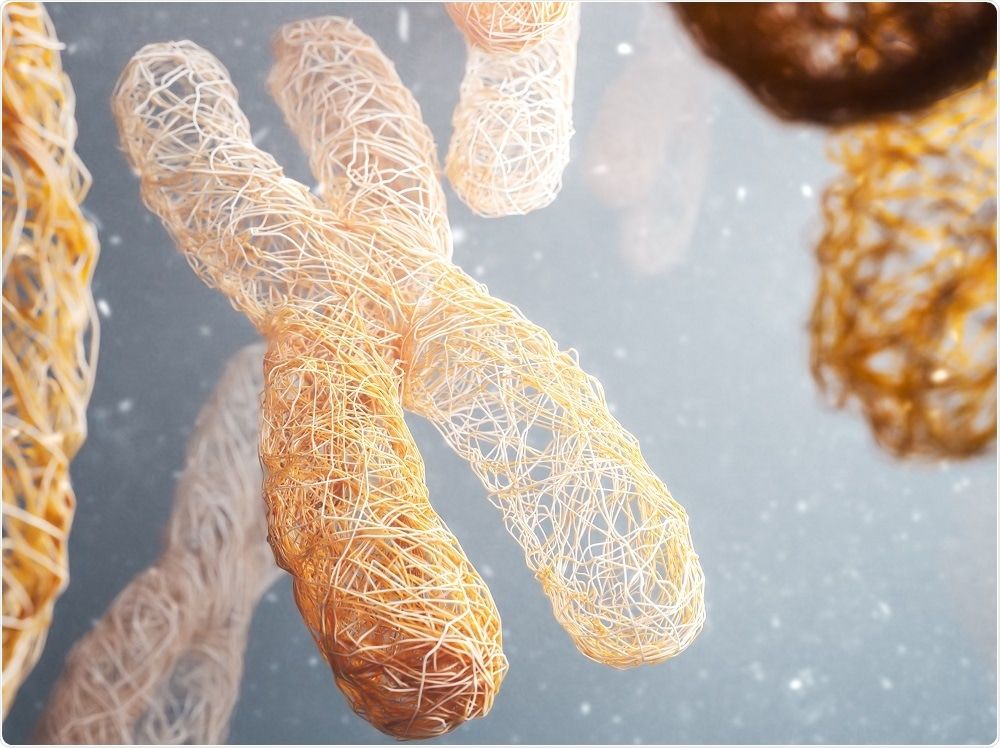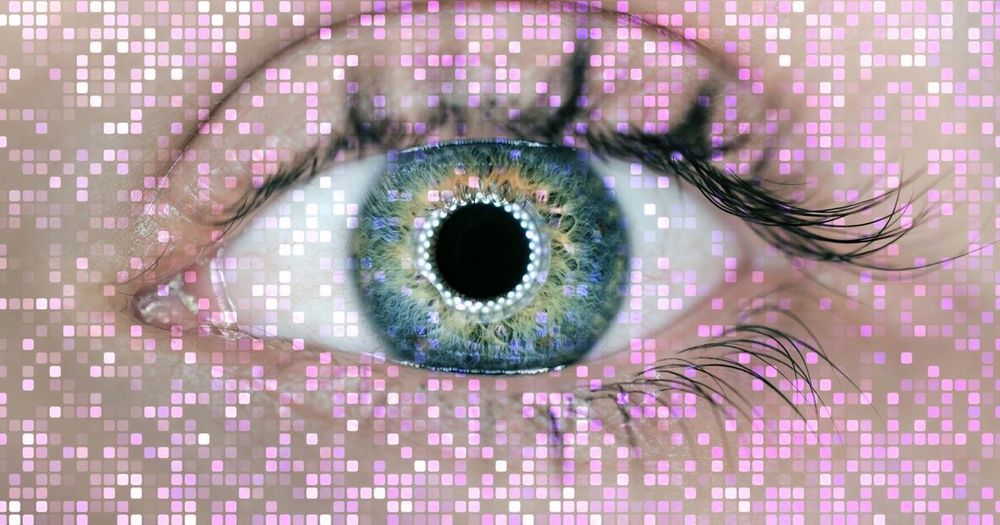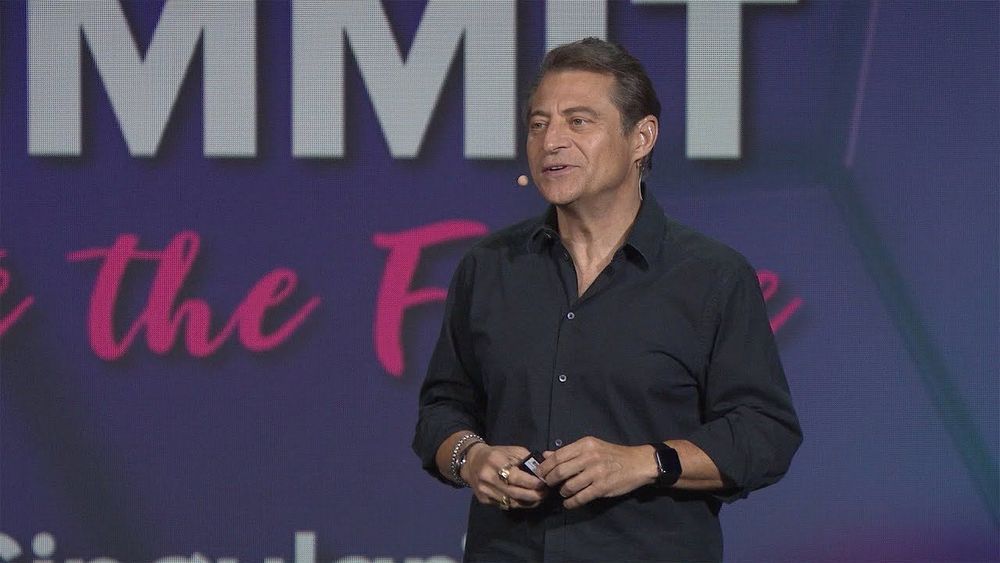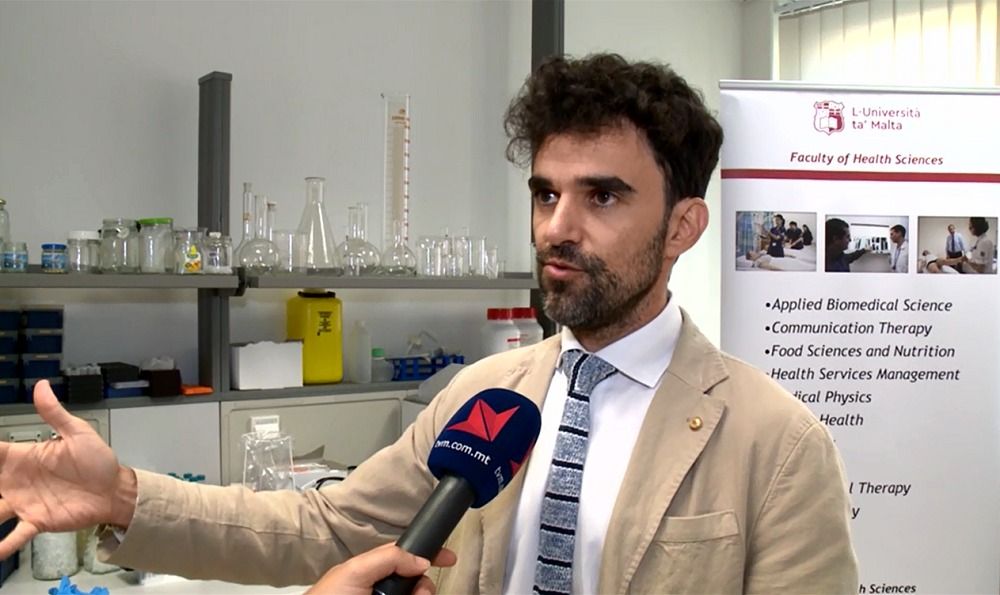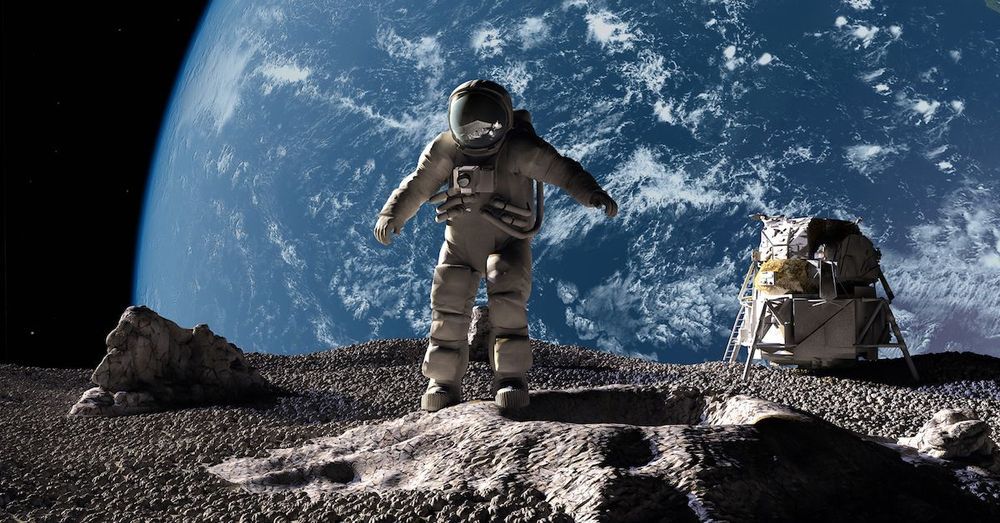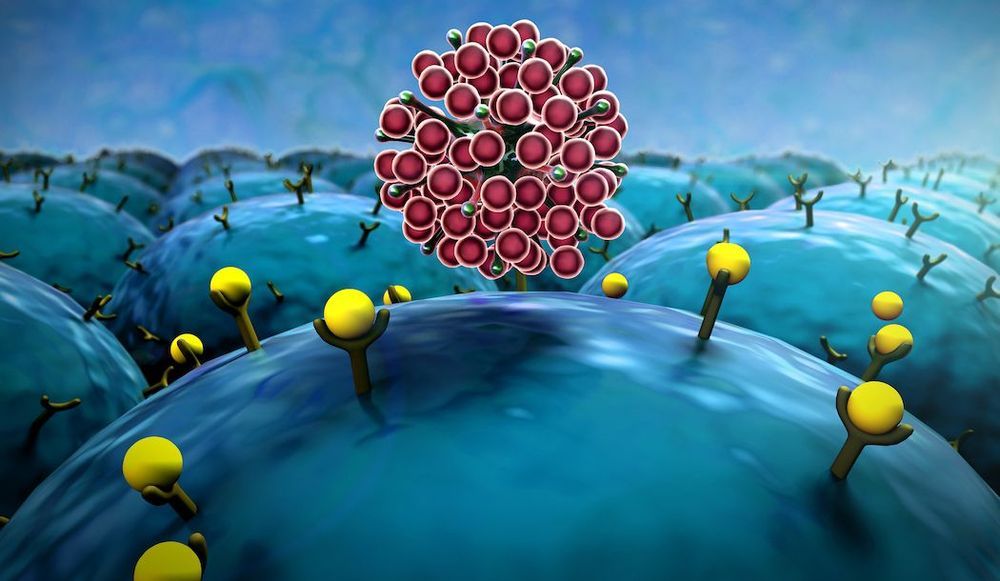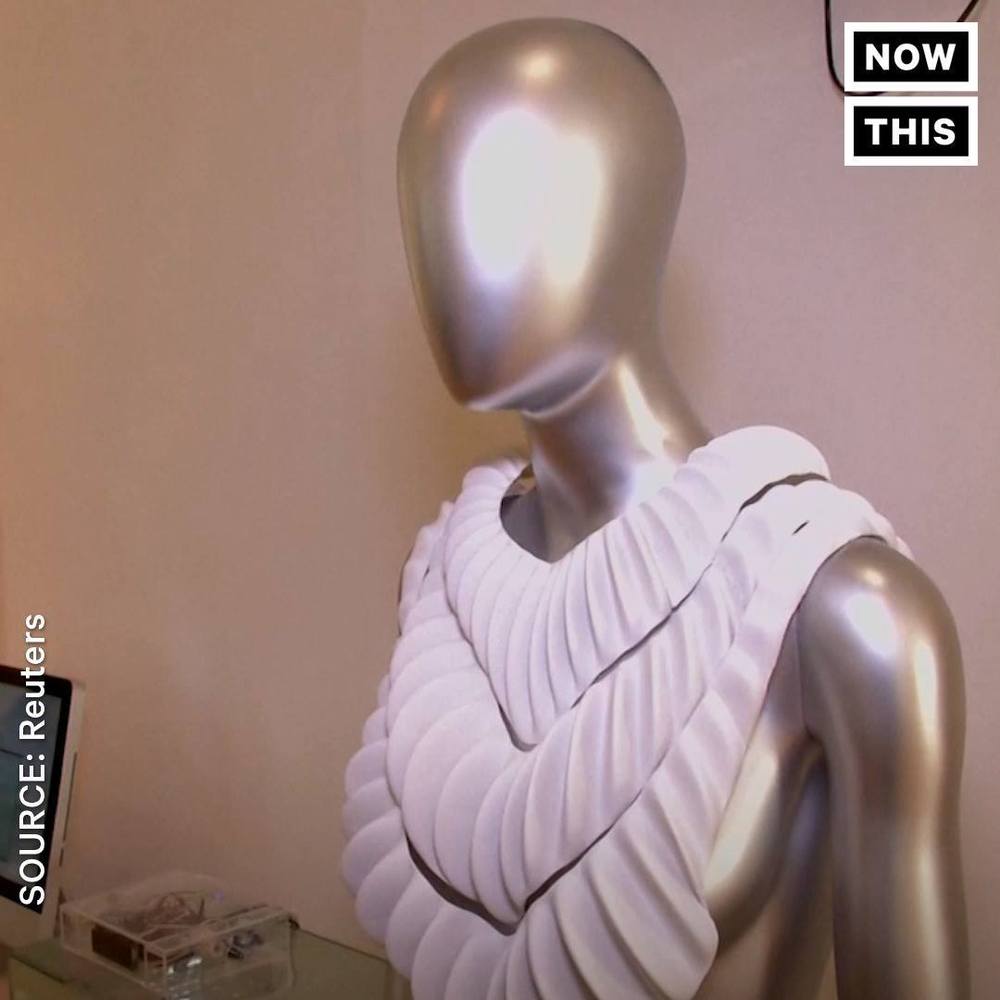On a new episode of ID the Future, Andrew McDiarmid catches up with philosopher Jay Richards at the recent COSM conference in greater Seattle. The two discuss the history of George Gilder’s Telecosm conferences and how the first one gave birth to a book Richards edited and contributed to 18 years ago, Are We Spiritual Machines? Ray Kurzweil vs. the Critics of Strong A.I.
Is the “singularity” coming, as Kurzweil argues there and elsewhere, when machines equal and then quickly surpass human intelligence? Does “machine learning” really mean learning? Will “Skynet” wake up? Jay describes Kurzweil’s sunny version of strong AI and the dystopian version. Then he argues the other side, namely that human beings possess something beyond the purely material, something even the most powerful computers will never possess. Download the podcast or listen to it here.
